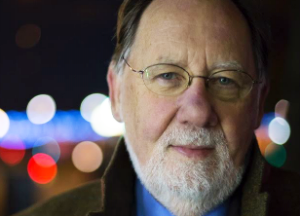Using Applied Neuroscience to Improve Recovery and Wellbeing
Paul Brown – Faculty Professor, Organizational Neuroscience, Author
Session Summary:
It has been an endeavour of mine over the past fifteen years to help develop the professional field of Applied Neuroscience in the UK, Singapore, Vietnam and, through conferences in Brazil, the USA and Spain.
I have also long held the view that, as it matures, the field of Executive Coaching will have something to teach therapists about goals for the future as well as understanding the past.
What I am seeking for Coaching is the discipline of deriving practice from a coherent body of scientific knowledge (neuroscience) in order that Coaching avoids the trap into which the psychotherapies have fallen by having no shared description of ‘the person’. Psychotherapies argue with each other and rely on technique.
I want Coaching to be able to have productive discussions within itself and become a knowledge-based profession from which technique and practice is derived.
That way Coaching as one manifestation of applied neuroscience can develop and respond to the kind of challenge that this Conference presents, which creates the opportunity to start an awareness of what the applied neurosciences can contribute to recovery and wellness.
In this session I will introduce you to you:
![]()
A working knowledge of the tripartite brain
![]()
An understanding of why the emotions are critical in creating adaptive change and development
![]()
A model of the Self as the central integrator
A structured process of working with a client, called Neurobehavioural Modelling (NBM)
![]()
A sense that the brain is an understandable organ and that it is critical for (a)managing energy: (b) the direction of motivated behaviour and (c) is the organ of relationship

